These days, in the splendid capital of Paris, France, along with many activities within the framework of the Vietnam - France Cultural Day to celebrate the 50th anniversary of the establishment of diplomatic relations between the two countries, at the UNESCO Headquarters, the dossier to honor Hai Thuong Lan Ong Le Huu Trac of Vietnam was placed on the table of the General Assembly, 42nd plenary session.
The Ha Tinh delegation, led by Vice Chairman of the Provincial People's Committee Tran Bao Ha (sitting in the middle), attended the 42nd UNESCO General Assembly session.
Among the many criteria for UNESCO to jointly honor and commemorate the birth/death anniversary, there is a very important criterion which is the international influence of famous people and historical events. And in this criterion, Hai Thuong Lan Ong Le Huu Trac of Vietnam is very prominent.
Since the early years of the 20th century, Albert Sallet (1877 - 1948), a military doctor serving in Indochina since 1903, was invited by the French Government to collaborate in researching the Southern Medicine Pharmacopoeia, summarizing medicinal herbs, medicines and medical documents in Central Vietnam. The result of this cooperation was that in 1930, Hai Thuong Lan Ong Le Huu Trac and his work Hai Thuong Y Tong Tam Linh were introduced by Albert Sallet to the medical and scientific community in France through the article "A great physician of An Nam: Hai Thuong Lan Ong".
The book Shang Jing Ji Su was translated into French in 1972.
Following Albert Sallet was Professor - Doctor Pierre Huard (1901 - 1983) and Maurice Durand (1914 - 1966) who carried out the work "Lan Ong and Vietnamese traditional medicine" published in the Bulletin de la Société d'études indochinoises (1953).
Pierre Huard was a physician, medical historian and anthropologist, head of several medical faculties (Hanoi, Paris), Rector of Cocody University, and a pioneer in the history of medicine. Pierre Huard also guided Nguyen Tran Huan (1921-2001, French of Vietnamese origin) in his thesis on Hai Thuong Lan Ong, defended in 1950 with the topic: Contribution to the study of traditional Vietnamese therapy (Contribution l“étude de l”ancienne thérapeutique vietnamienne). Maurice Durand was a historian, philologist, former Director of the French School of the Far East in Hanoi, professor of history and philology at the EPHE Institute for Advanced Studies (France).
It can be said that if Albert Sallet was the first Western scientist to research the legacy of Hai Thuong Lan Ong Le Huu Trac and introduce Vietnamese traditional medicine to French researchers, then doctor Pierre Huard, researchers Maurice Durand, and Nguyen Tran Huan were the ones who promoted further research on Le Huu Trac and the work Hai Thuong y tong tam linh in Europe.
Vice Chairman of the Provincial People's Committee Tran Bao Ha (3rd, from left) and Head of the Provincial Party Committee's Mass Mobilization Commission Truong Thanh Huyen (2nd, from left) presented the book Hai Thuong Y Tong Tam Linh to the Dinan City Library (France).
In addition to the above authors, many research works on Hai Thuong Lan Ong continue to be carried out in France, Germany, Italy, the Netherlands... Typical of these are Tam Langlet - lecturer at the Institute for Advanced Study (EPHE); Vu Thinh Cuong at the Saint-Antoine University Hospital Center; Dr. Anita Bui at Hotel-Dieu and Cochin Hospitals; Dr. Trinh Thi Hoai Tu - researcher Annick Guénel at the French National Research Center (CNRS)...
In China, in 1962, the National Library of Vietnam presented the Beijing Library, China with the book series “New Hai Thuong Y Tong Tam Linh Toan Tac”. Since then, the Beijing Library has become one of the addresses providing documents about this book series to doctors and scholars of Asian countries (Japan, Korea, Taiwan...).
In their research works, foreign authors have highly appreciated Hai Thuong Lan Ong Le Huu Trac. In the book L'Officine sino-annamite en Annam (Traditional Pharmacy in Annam), volume I: Annamese Physicians and the Preparation of Prescriptions, Albert Sallet wrote: "In the process of researching Annamese medicinal herbs, I was in frequent contact with Hai Thuong's work."
Albert Sallet once went to Huong Son (Ha Tinh) to learn about Hai Thuong Lan Ong: “The garden where the house where he lived, in Bau Thuong, was called the peach garden. Since the existence of this place of the famous physician, now there is only a mound of earth and a pond left. On the mound, he often hung a long strip of cloth at the top of the column, whose presence had only one purpose, which was to show the physician the wind direction (to prepare medicine) and related instructions...”.
The Hai Thuong Lan Ong Le Huu Trac Relic Complex includes the tomb and monument in Hai Thuong village (Son Trung commune). Photo: Dinh Nhat
Pierre Huard and Maurice Durand commented: "Lan Ong (as well as Tue Tinh and many Vietnamese Oriental medicine practitioners) although deeply absorbed Chinese culture, had a critical spirit... They did not accept all the theories and treatments of Chinese medicine, they transformed it based on the source of medicinal plants, minerals... Vietnam which they considered especially suitable for Vietnamese people's illnesses, they emphasized the contrast between Northern medicine (Chinese medicine) and Southern medicine (Vietnamese medicine)".
Dr. Nguyen Tran Huan commented: "In Lan Ong, one can find a wonderful combination between a Confucian scholar with a noble soul of the ancients and a scientist whose knowledge, erudition and methodology, European scholars could not expect to have more."
Truong Tu Dan 張 秀 民 (1908 - 2006), (China) highly praised: "The book Lan Ong Tam Linh is both rich and further develops the doctrine of Feng Zhaozhang, so we can call him the one who gathered the good results of all the medicine practitioners, developed many things that people before him had not discovered, we can call him the "Medicine Saint" of Vietnam. If Nguyen Du is considered the JW Goethe of Vietnam, then we can also call Le Huu Trac the Li Shizhen (Ly Thoi Tran, 1518 - 1593) - a great Chinese medicine practitioner of the Ming Dynasty) of Vietnam".
The Hai Thuong Lan Ong Monument is located on Minh Tu Mountain - a place associated with the life of practicing medicine and enjoying the scenery of Huong Son mountains and forests of the great physician.
Currently, the book Hai Thuong y tong tam linh is included in the archives of many libraries in France and Europe, and is the subject of many scientific theses at several universities around the world. The book "Thuong Kinh ky su" was also translated into French by Nguyen Tran Huan in 1972. In addition, the Chinese "Great Encyclopedia of China" and the Chinese dictionary "Quintessence of Oriental Medicine Terms and Nouns" both mention Hai Thuong Lan Ong Le Huu Trac and the Vietnamese work Hai Thuong y tong tam linh.
A review of some authors and the above comments and assessments about Hai Thuong Lan Ong Le Huu Trac and the work Hai Thuong Y Tong Tam Linh shows that the influence of the Great Physician has gone far beyond the borders of Vietnam since hundreds of years ago. The legacies of Hai Thuong Lan Ong are not only of interest to domestic physicians and scholars but also to foreigners who are interested in, study, research and apply them. Le Huu Trac's medical ethics, medical theory, medical techniques and behavior in the face of current events are still lessons and shining examples for future generations to follow.
Currently, the dossier on Le Huu Trac has been elaborately built by Ha Tinh province and ministries and branches of Vietnam, and has been submitted to UNESCO. At the meeting of the African Priority Committee and Foreign Relations (abbreviated as APX, held on November 8, 2023), the countries agreed to propose that the 42nd UNESCO General Assembly adopt the list of "Cultural Celebrities and Historical Events for the 2024-2025 school year" for UNESCO to honor and participate in commemorating the birth/death anniversary, including the Great Physician Hai Thuong Lan Ong Le Huu Trac of Vietnam.
UNESCO's coordination in honoring and celebrating the 300th anniversary of the birth of Hai Thuong Lan Ong Le Huu Trac will certainly receive the consensus of countries around the world.
Dr. Nguyen Tung Linh
Dr. Nguyen Tung Linh
Source



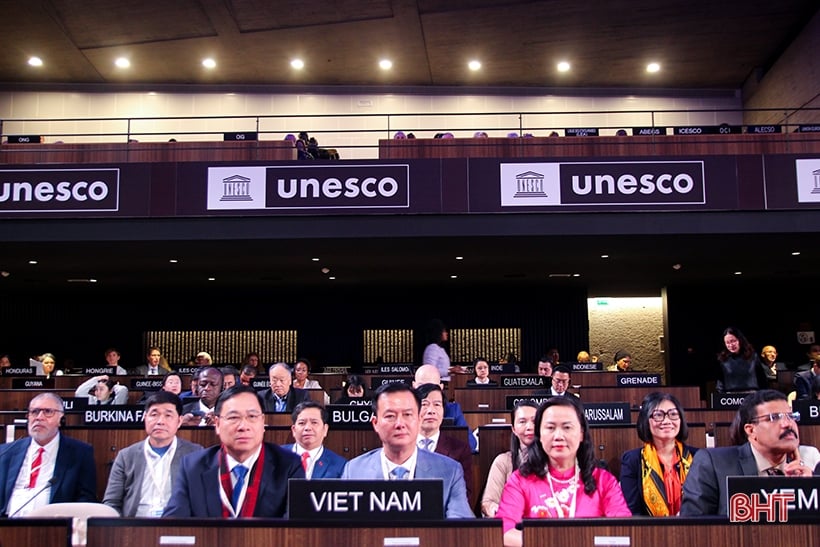
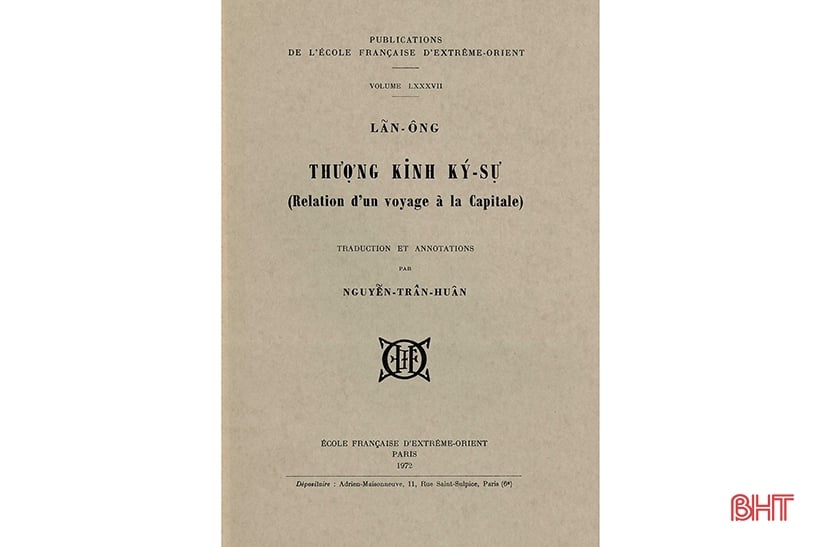
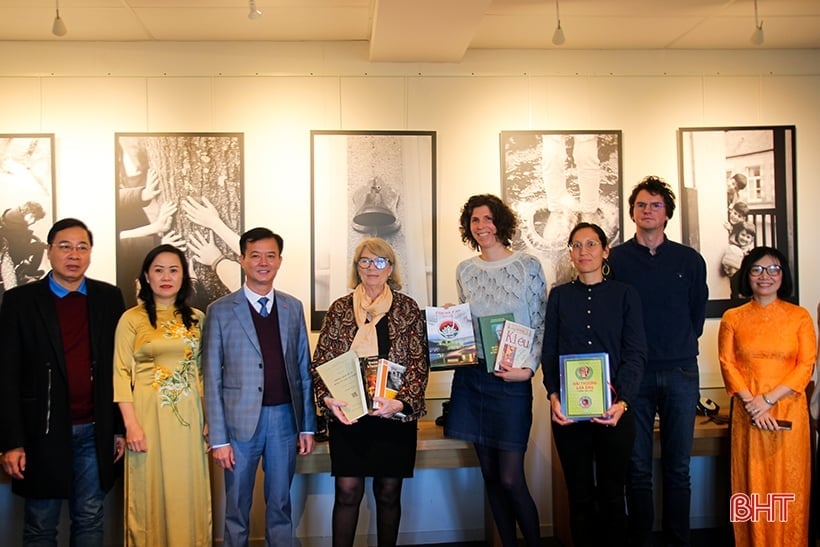
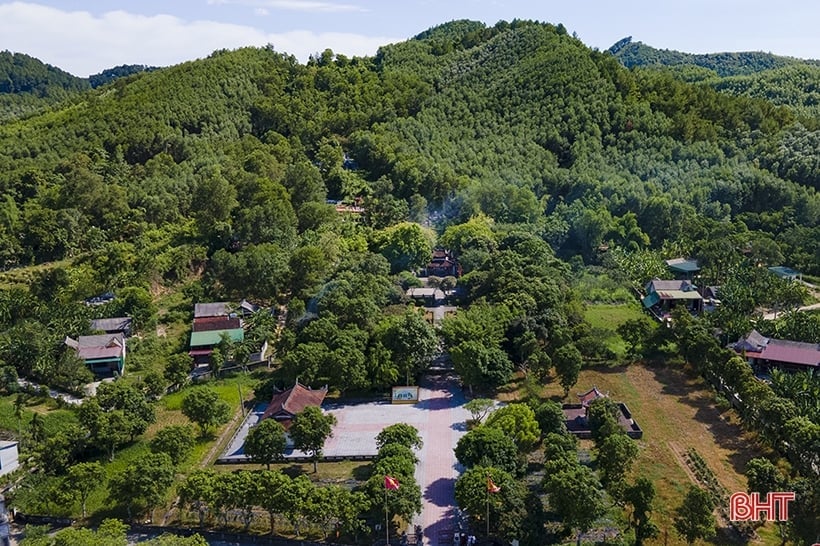
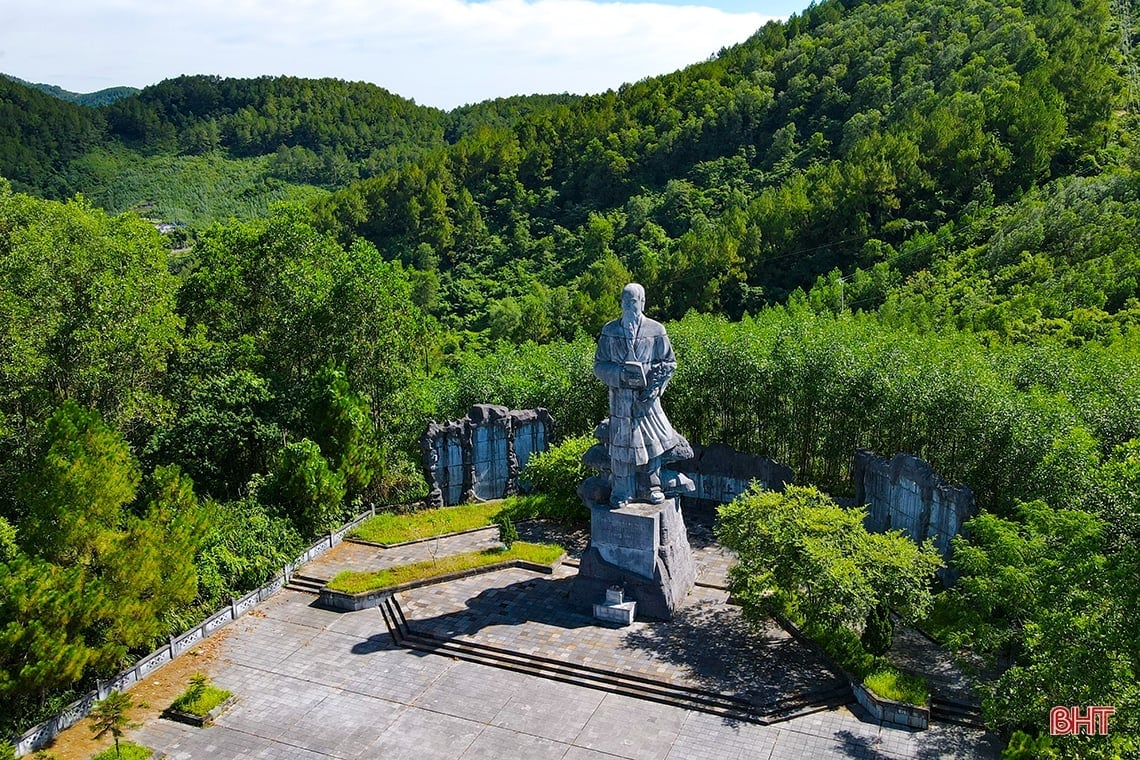


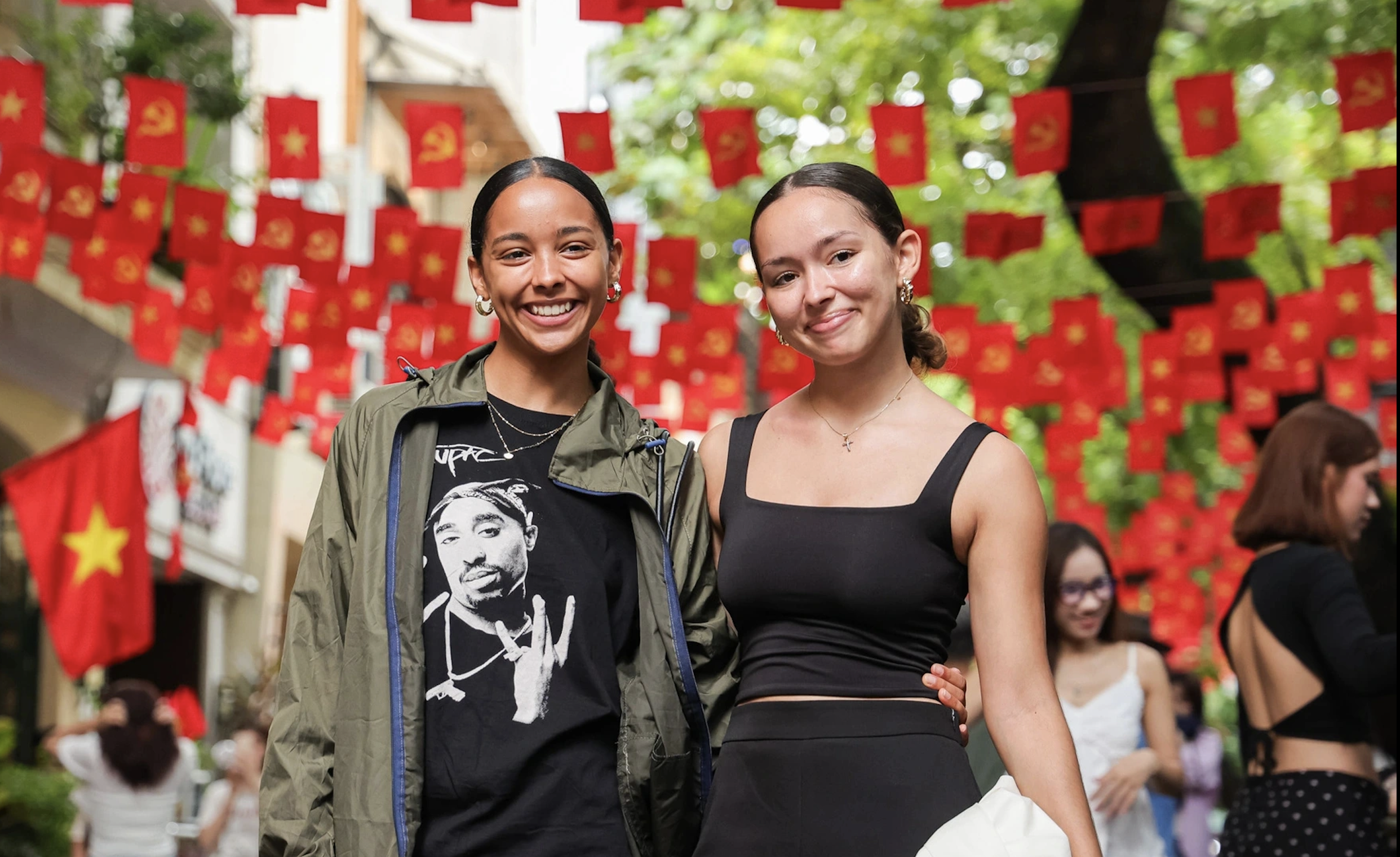
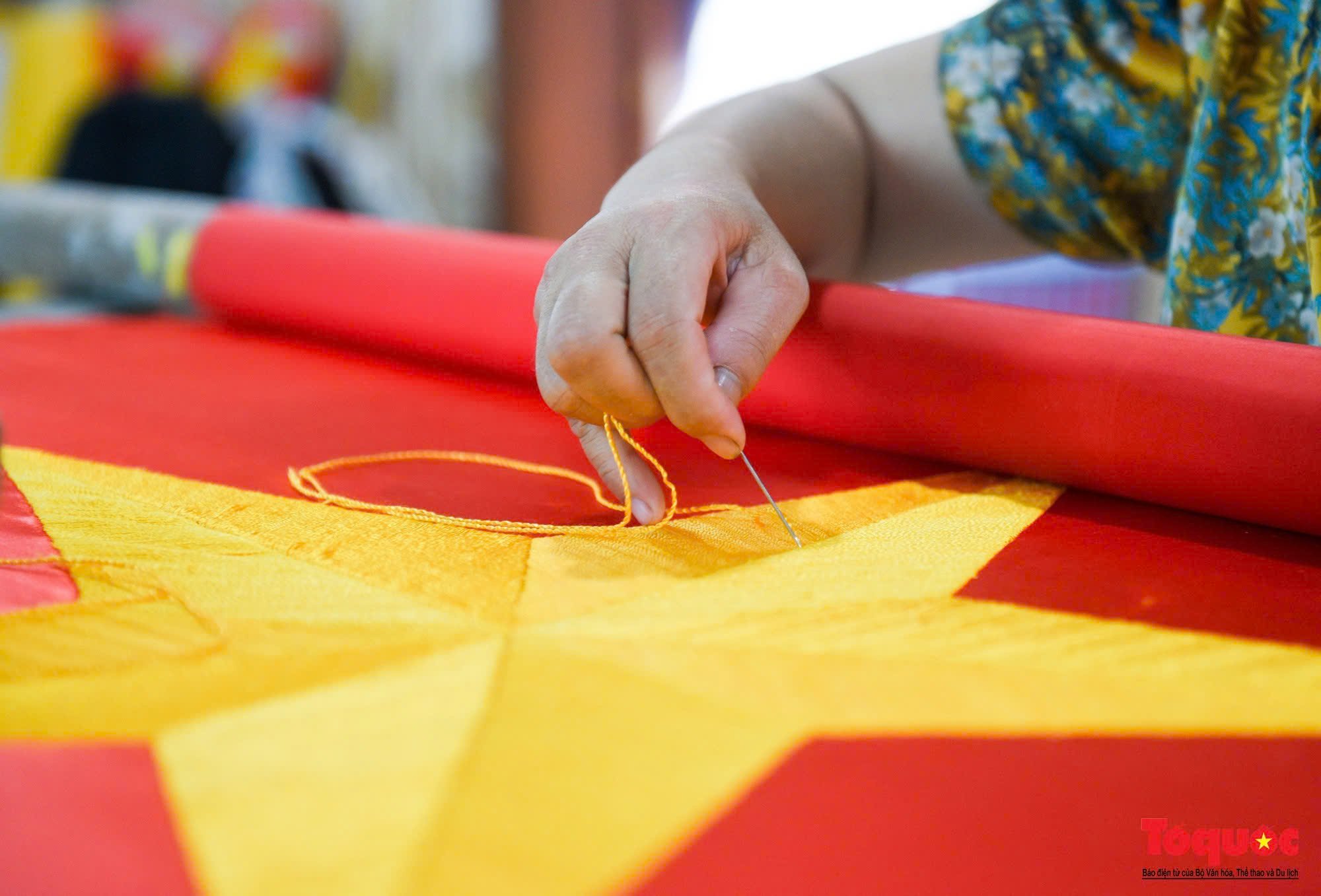

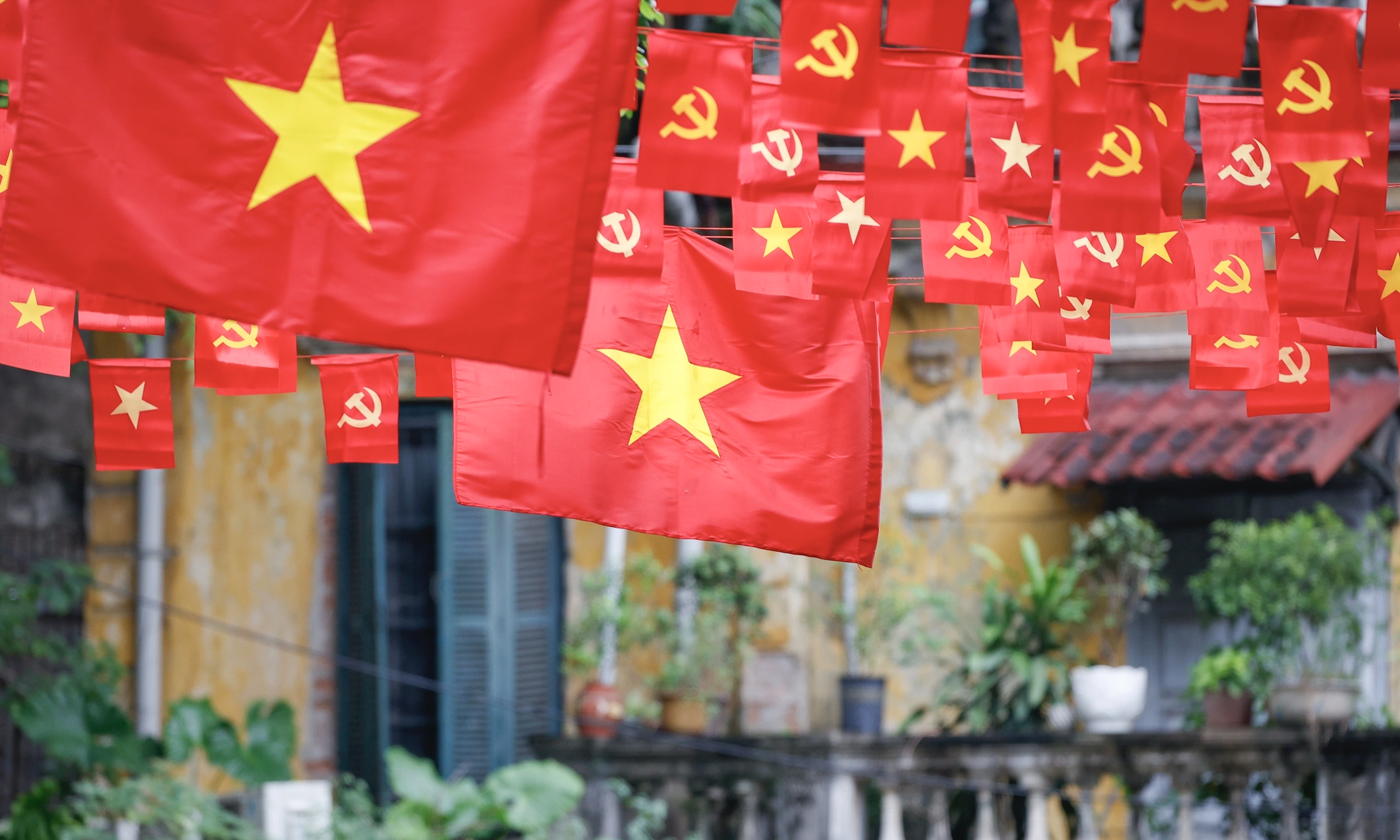



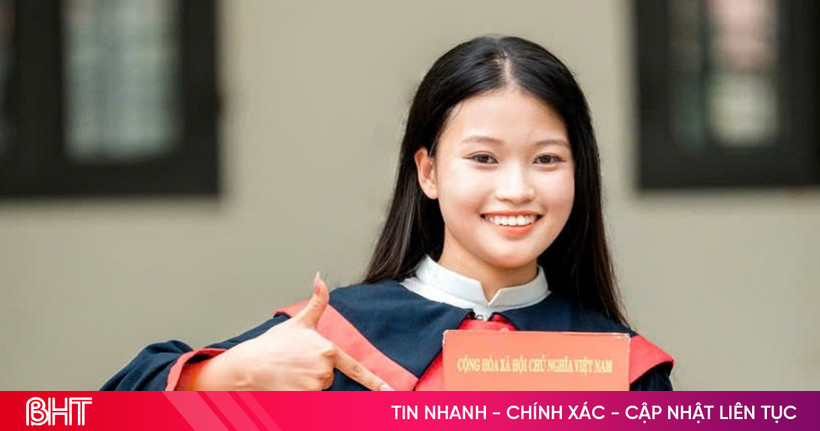




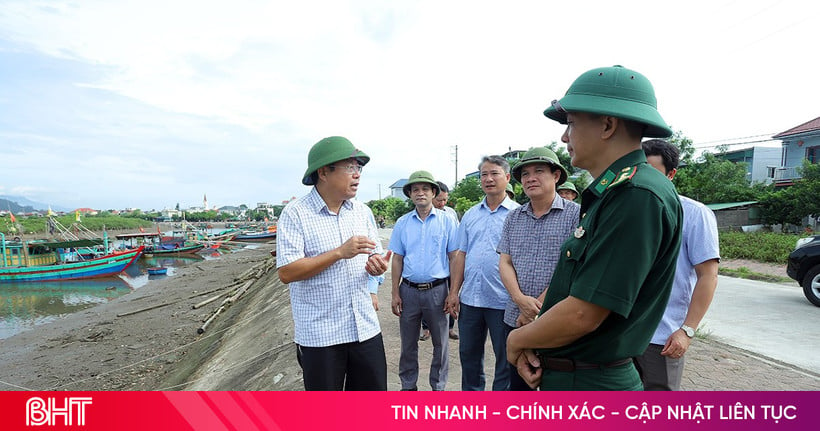
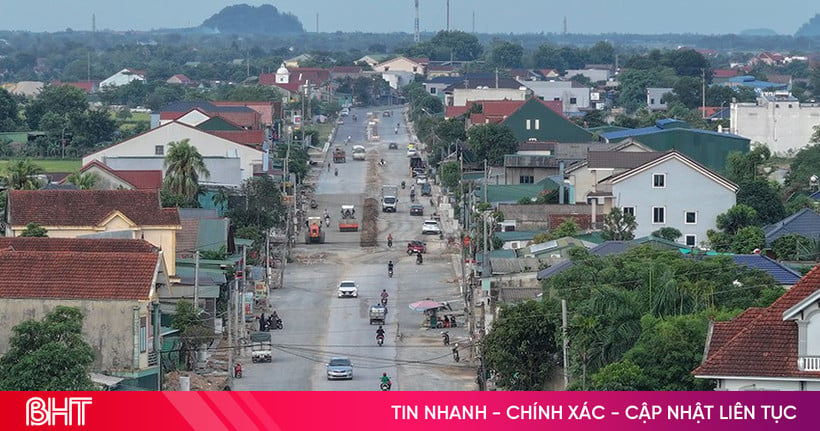


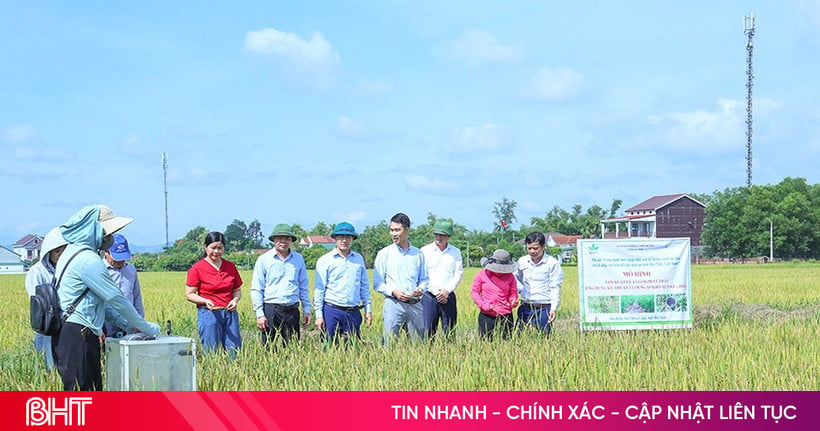



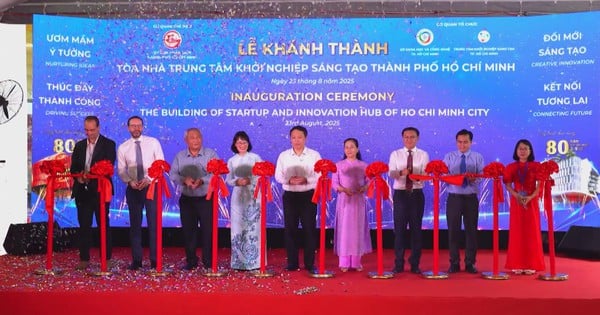
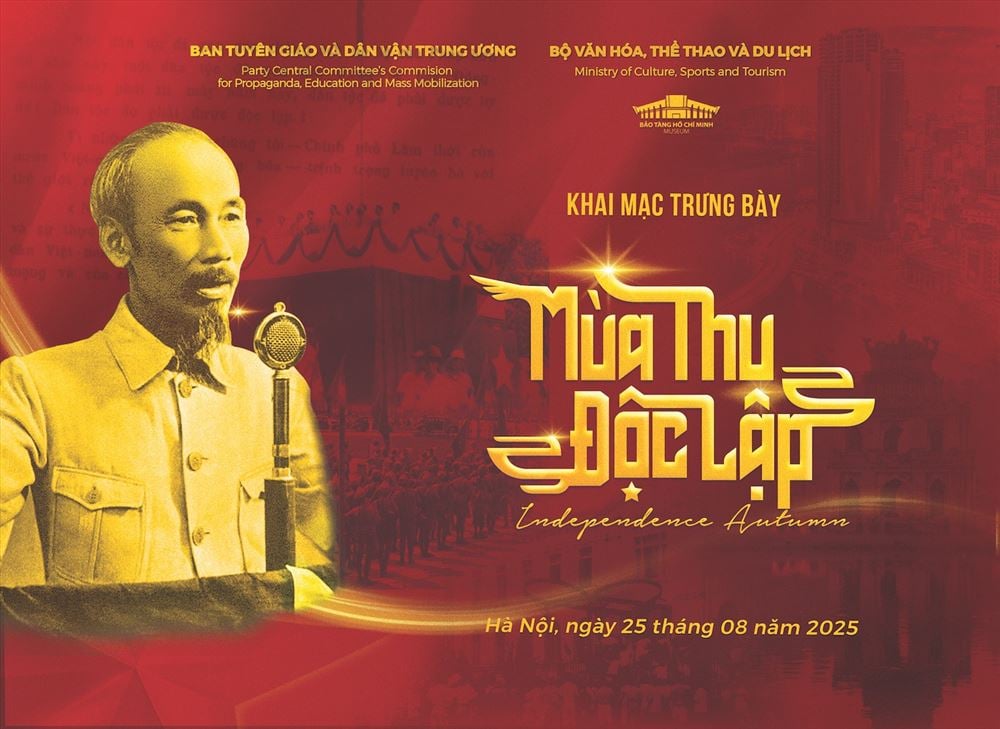
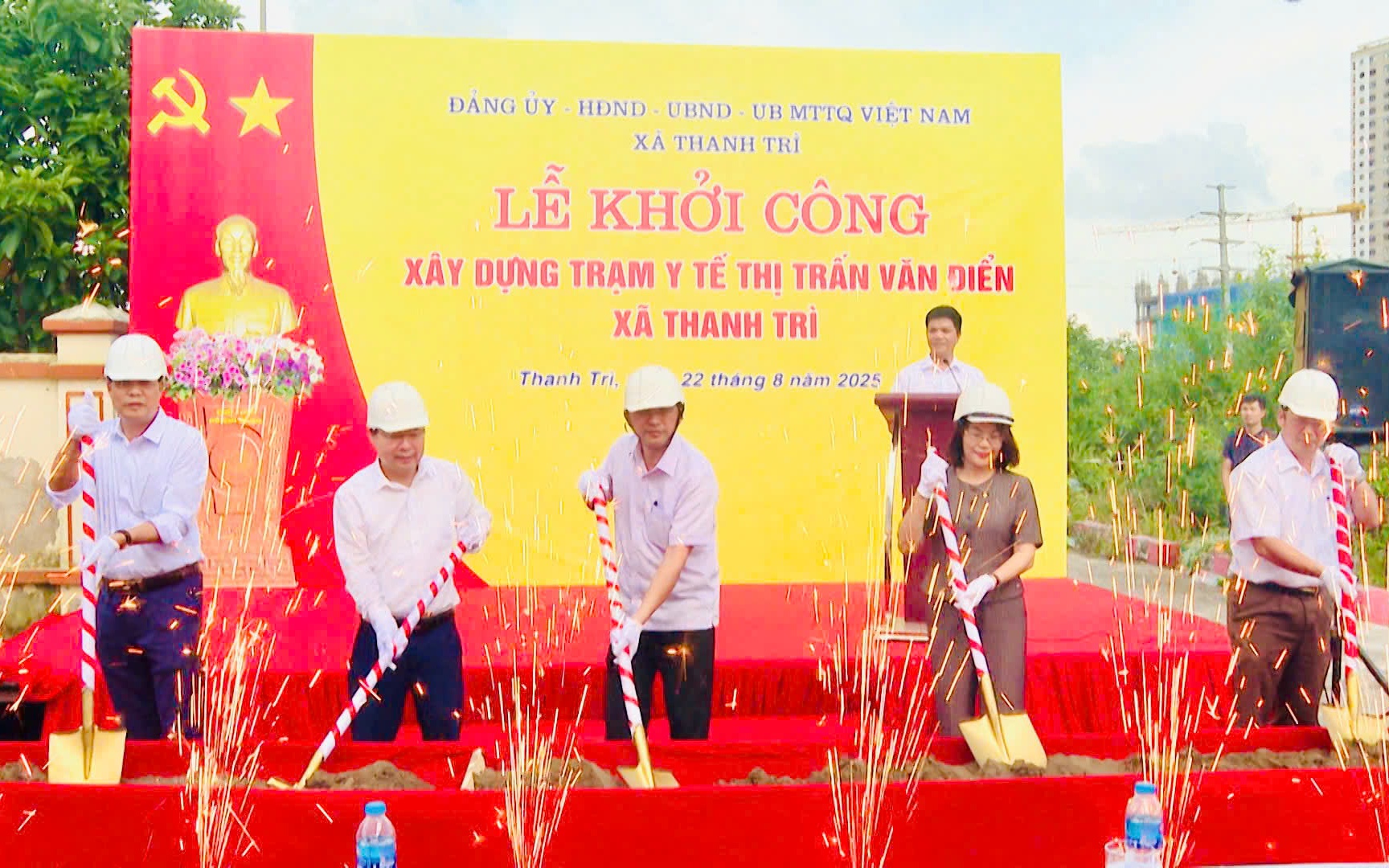

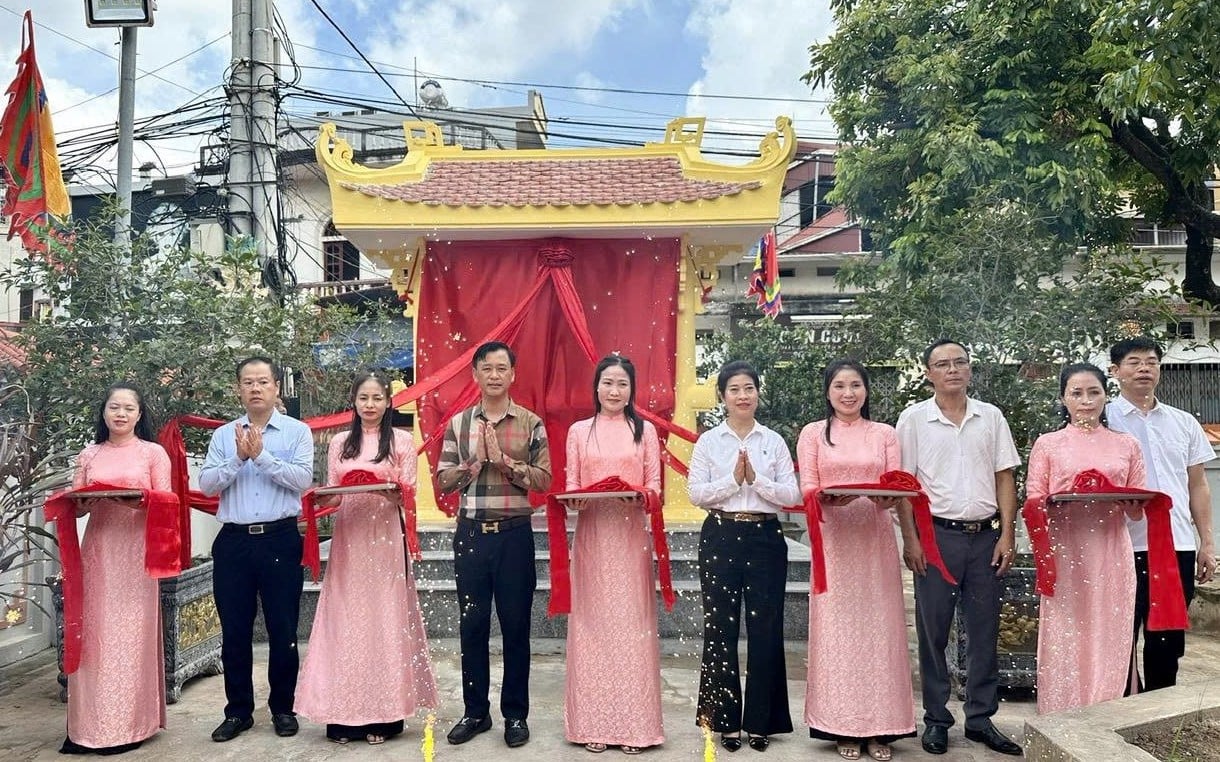
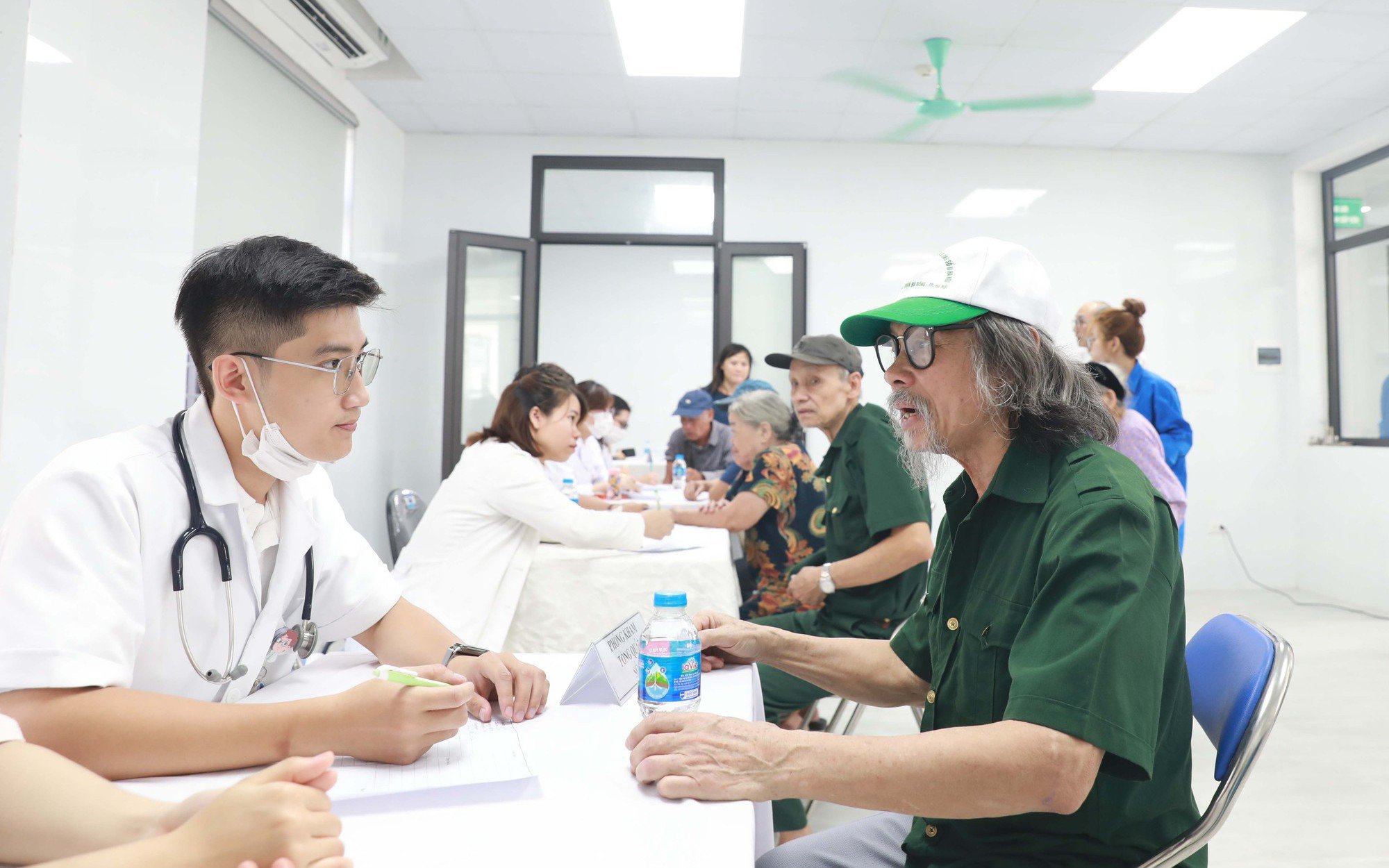
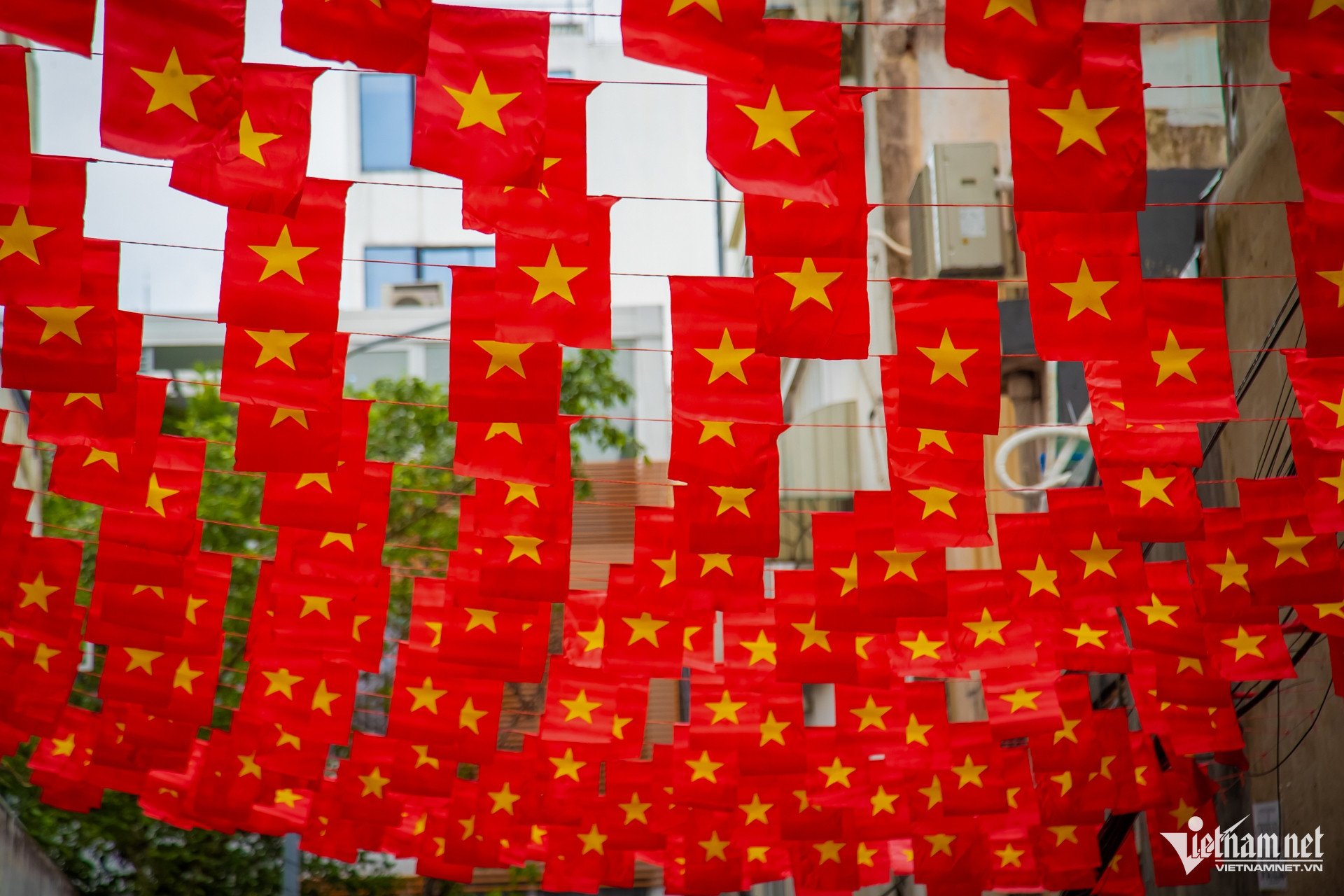
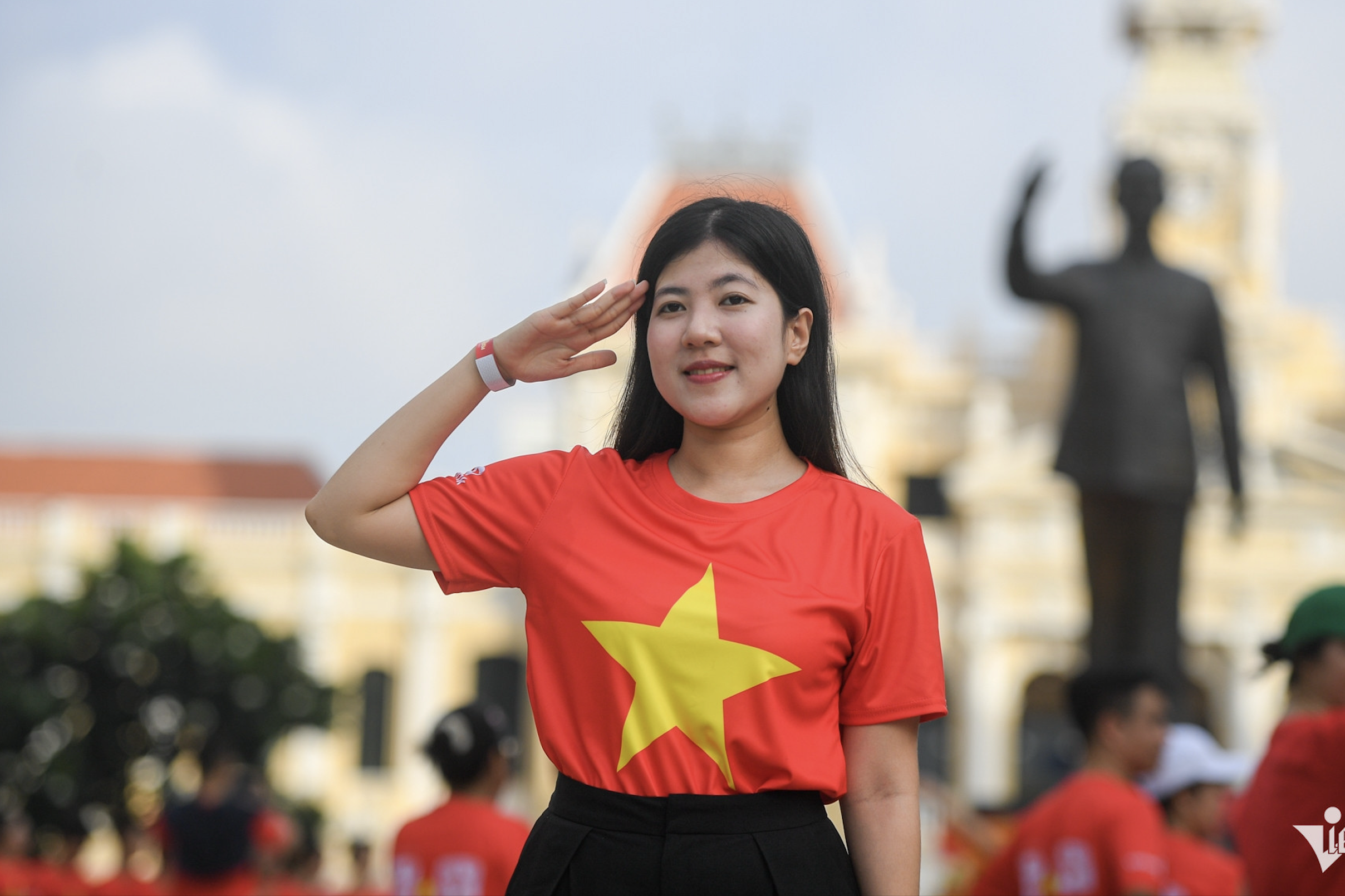
















































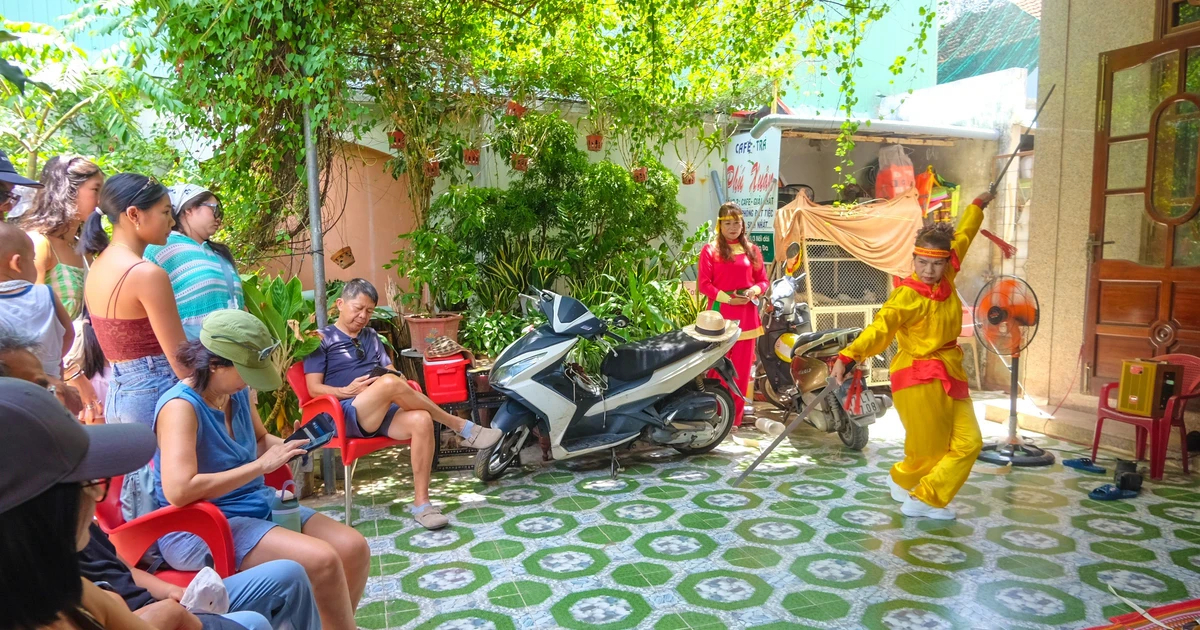



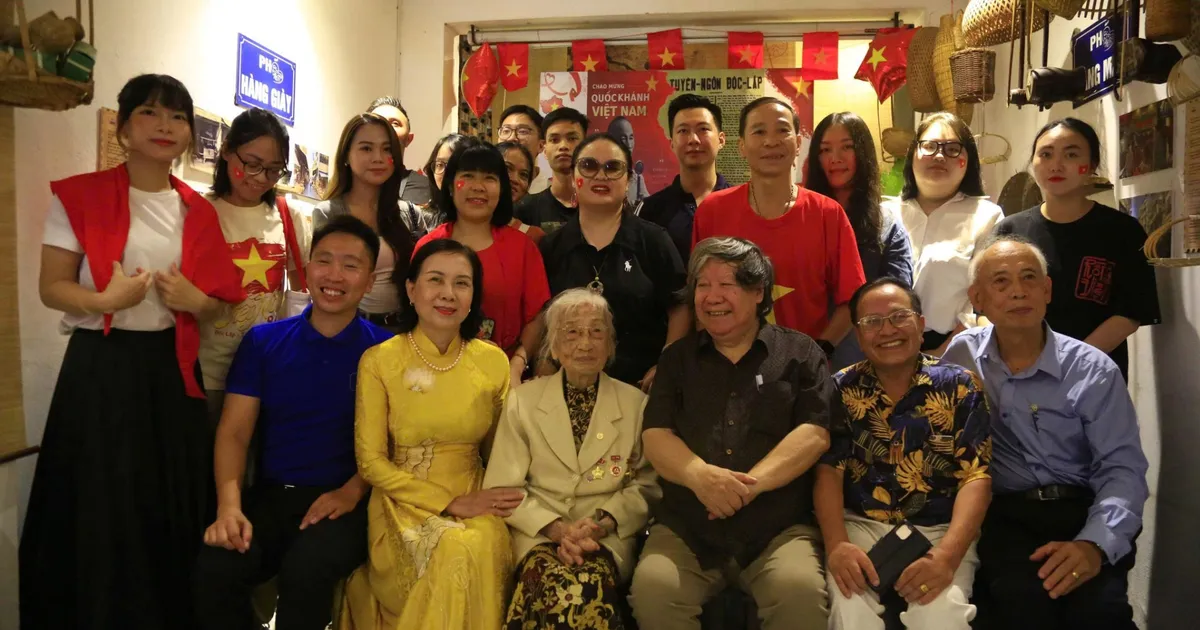

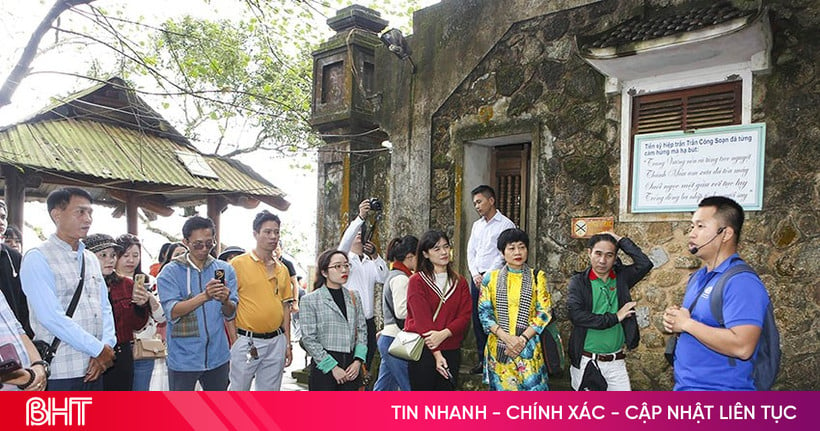
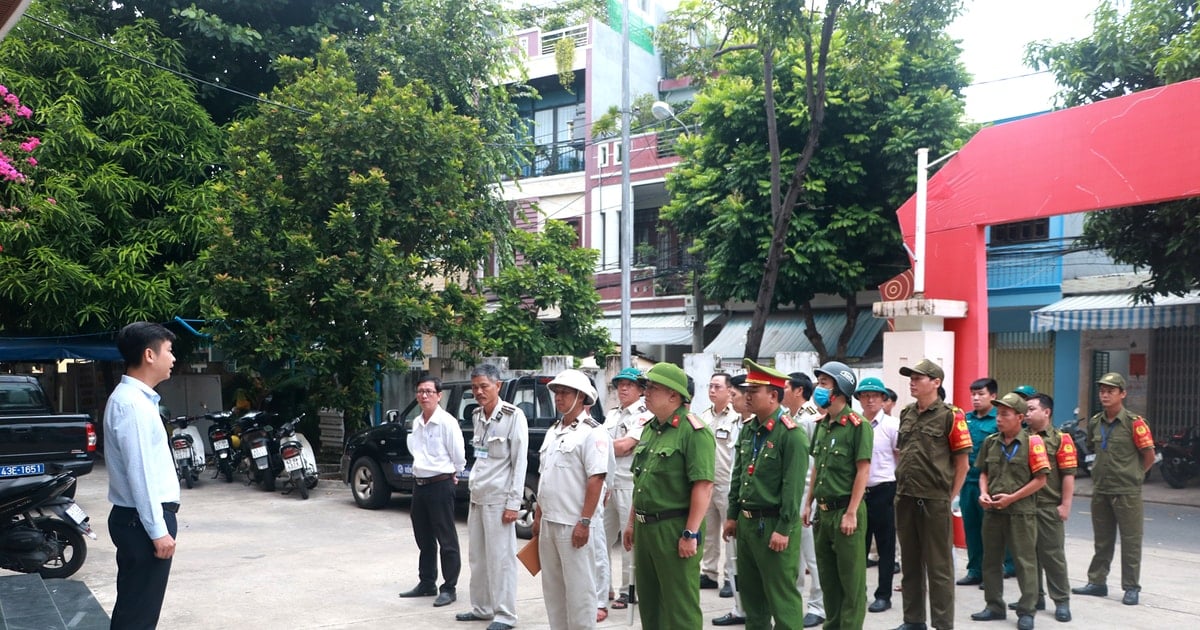
















Comment (0)